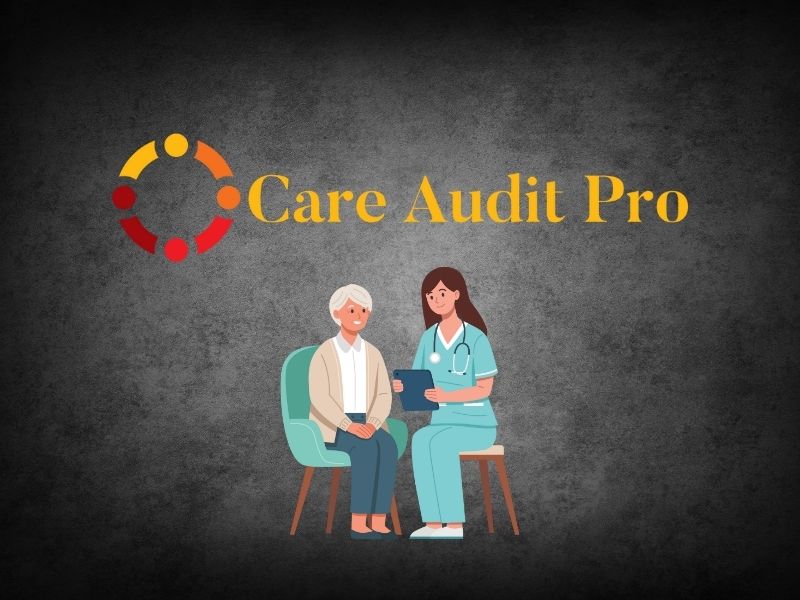
Positive Behaviour Support and Restrictive Practices
By Attila Szelei on 27/10/2025
Positive Behaviour Support and Restrictive Practices
Positive behaviour support (PBS) aims to enhance quality of life and reduce challenging behaviours through proactive strategies. Here, we will discuss how PBS relates to restrictive practices, ensuring compliance with the Care Quality Commission (CQC) standards.
Understanding Positive Behaviour Support (PBS)
Positive behaviour support is a person-centred approach that seeks to understand the reasons behind challenging behaviours and provide support tailored to individual needs. This proactive methodology focuses on enhancing the individual's quality of life while minimising the occurrence of behaviour that might lead to restrictive interventions.
Key Principles of Positive Behaviour Support
- Individualised Approach: Tailor strategies to meet the unique needs and preferences of each person.
- Holistic Understanding: Assess the individual's environment, relationships, and support networks.
- Proactive Strategies: Prioritise prevention by teaching alternative behaviours and skills.
- Collaborative Practice: Engage families, professionals, and the individual in developing and implementing PBS plans.
Restrictive Practices: Definition and Context
Restrictive practices refer to any interventions that limit a person's freedom or autonomy. These may include physical restraint, seclusion, or medication used for the purpose of controlling behaviour. The CQC mandates that the use of restrictive practices must be a last resort and should always involve careful consideration and assessment.
The CQC and Restrictive Practices
Under the CQC’s Single Assessment Framework, providers must demonstrate that they:
- Have robust policies in place to manage restrictive practices.
- Can evidence the necessity and appropriateness of any restrictions imposed.
- Ensure that restrictive measures are regularly reviewed and monitored.
Balancing PBS and Restrictive Practices
While PBS aims to reduce the need for restrictive practices, there may be situations where such interventions are necessary for safety. Therefore, it is crucial to strike a balance between providing support and ensuring safety. Here are strategies to achieve this:
Practical Steps to Implement PBS
- Conduct Functional Assessments: Identify triggers for challenging behaviour and develop proactive strategies.
- Develop Positive Behaviour Support Plans: Create actionable plans with clear goals and methods for teaching alternative behaviours.
- Training and Awareness: Ensure staff are trained to implement PBS strategies and understand the importance of minimising restrictive practices.
- Regular Review and Adaptation: Continuously monitor the effectiveness of PBS and adapt plans as needed.
Example of a PBS Plan
For an individual exhibiting aggressive behaviour in social settings:
- Functional Assessment Findings: The behaviour is triggered by crowds.
- PBS Strategy: Gradual desensitisation to larger groups, on a timeline agreed upon by the individual and their support staff.
- Review Plan: Monthly reviews to assess progress and make necessary adjustments.
Checklist for Compliance with CQC Standards
- Ensure policies on restrictive practices are in place and accessible to staff.
- Regularly train staff on PBS strategies and the ethical use of restrictive practices.
- Conduct functional assessments for individuals with behaviours of concern.
- Review and document the use of any restrictive practices at least every three months.
- Engage individuals and families in developing and reviewing PBS plans.
Incident Learning and Duty of Candour
Learning from incidents is vital in maintaining quality standards in care. The Duty of Candour requires transparency when incidents occur, especially those involving restrictive practices. It is essential to:
- Report and analyse incidents involving restrictive interventions.
- Share learning outcomes with staff to prevent recurrence.
- Foster an open culture where feedback is encouraged.
Medication Safety and MAR Accuracy
Medication can often intersect with restrictive practices. To ensure safety:
- Maintain accurate Medication Administration Records (MAR).
- Regularly review medication efficacy and side effects, particularly if used for behaviour management.
- Train staff to recognise the risks associated with over-reliance on medication as a form of restriction.
How Care Audit Pro Supports This
Care Audit Pro (CAP) provides tools for digital audits and action plans that enhance compliance with CQC standards. Through our platform, registered managers can ensure:
- Comprehensive mapping of evidence for PBS strategies and restrictive practices.
- Actionable insights from audits that help improve care governance.
- Incident learning tools that align with your duty of candour obligations, fostering a culture of safety and transparency.
Implementing positive behaviour support effectively not only enhances the lives of individuals in care but also aligns with CQC requirements, ensuring your service is compliant and of the highest quality. By focusing on proactive strategies and minimising restrictive practices, care providers can create a more supportive and effective care environment.
Keywords: [Positive Behaviour Support, Restrictive Practices, CQC Compliance, Care Governance, Medication Safety]